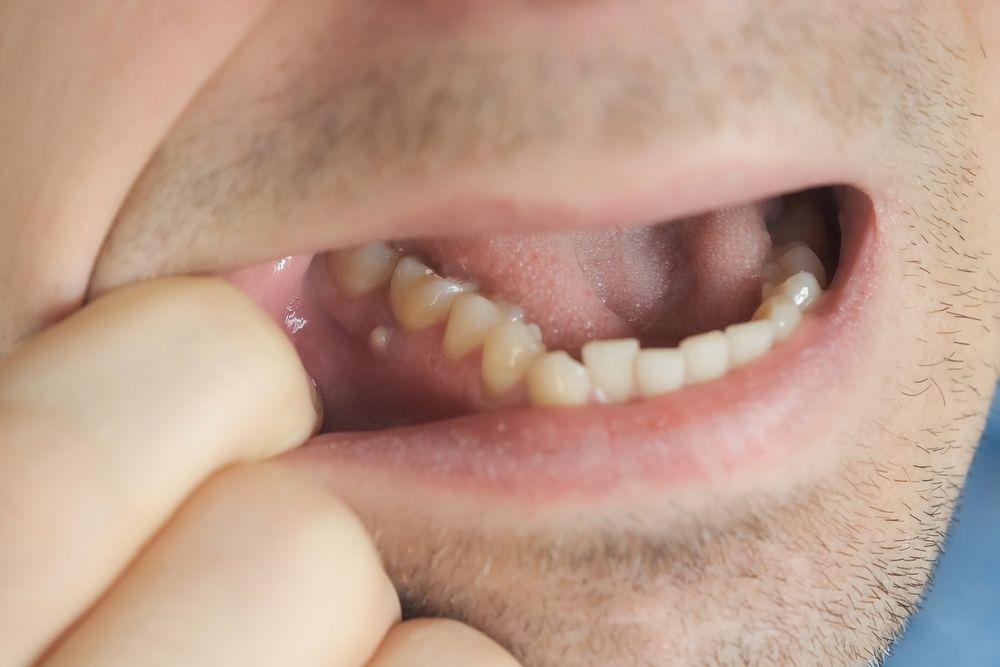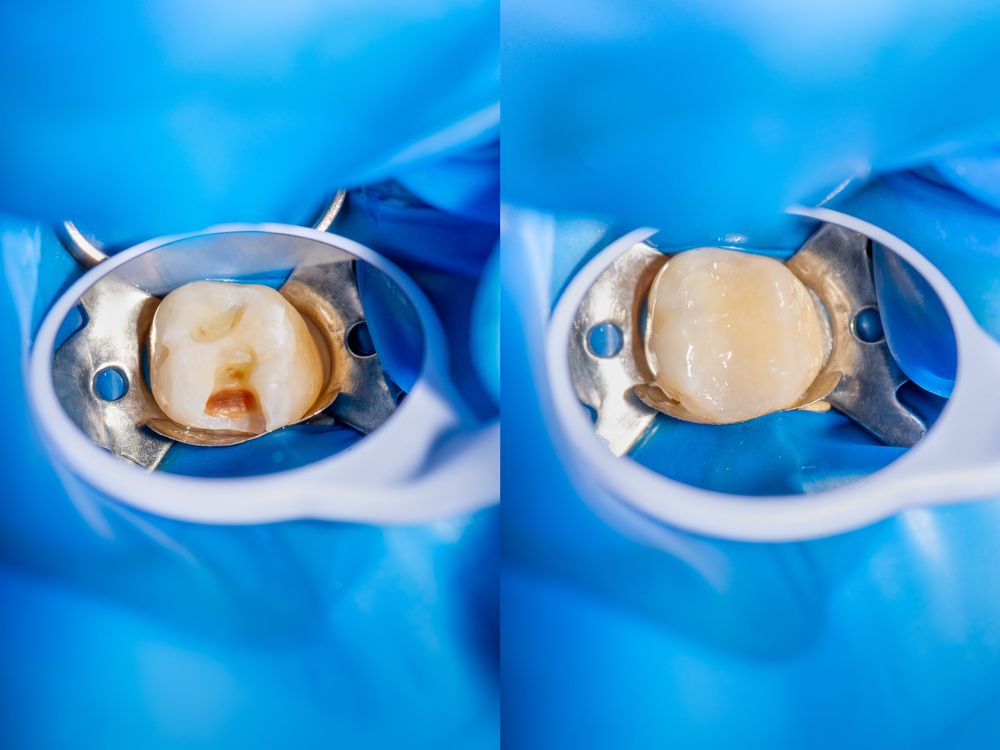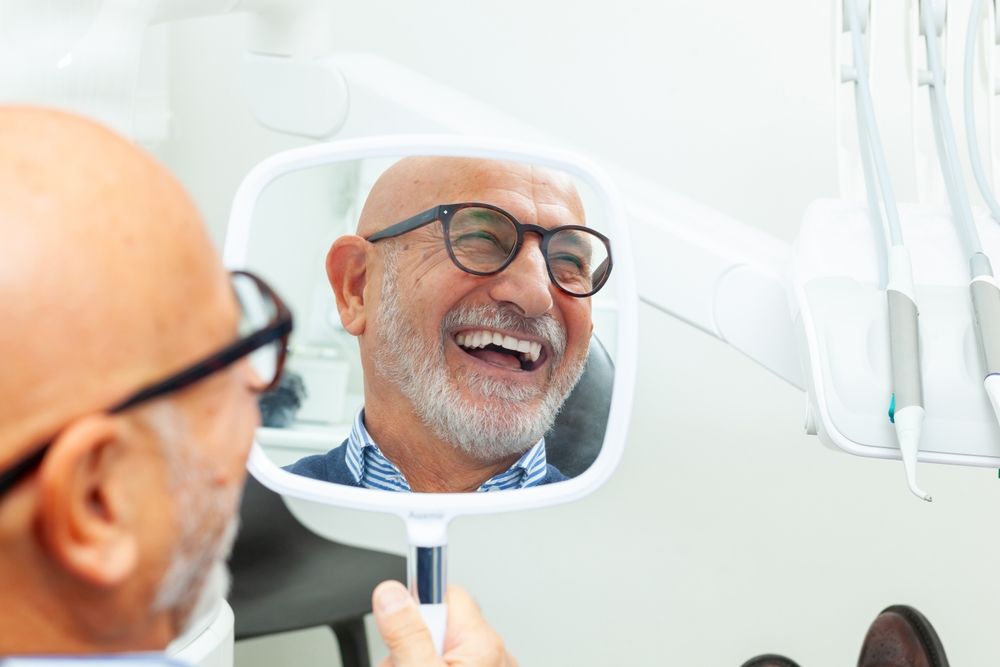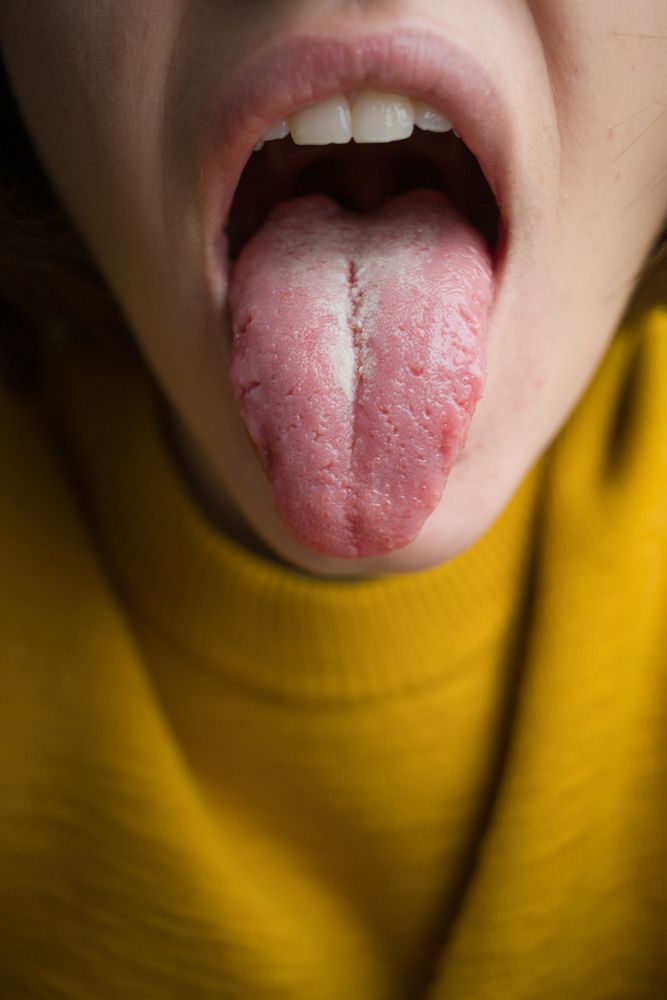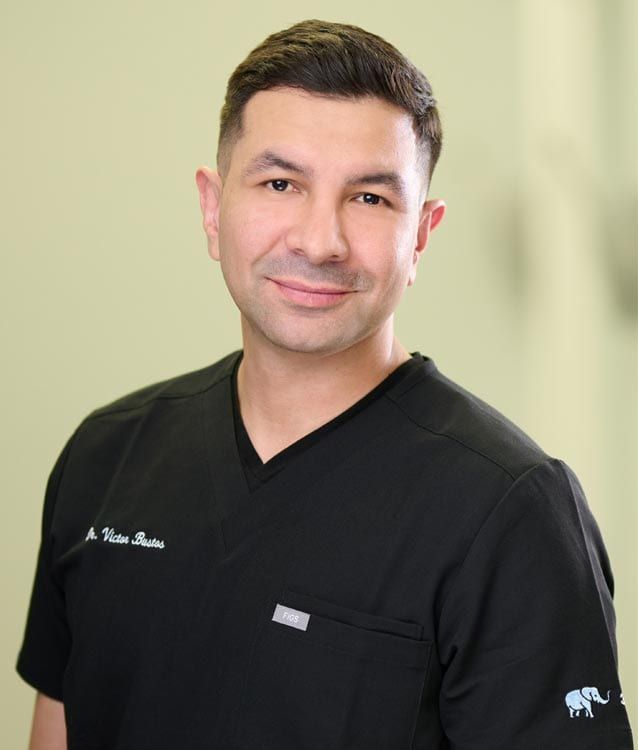Allergy sufferers are keenly aware of the discomfort caused by sinus pressure. Pressure in the sinus cavity can lead to severe dental pain. The teeth at the back of the jaw on the upper arch are the ones most commonly affected. The discomfort can be so severe it may be mistaken for a cavity or abscess. Understanding how this happens requires a basic understanding of the sinus cavities. When sinus-sourced dental pain occurs, it may be time to speak to your dentist.
How Pressure In Your Sinuses Leads To Serious Dental Pain
If you’re confused about how sinus pressure can lead to serious tooth pain, you’re not alone. The basis of your pain is the maxillary sinus cavities that exist right above the rear upper teeth. This sinus cavity is located very close to the roots of your teeth. When they become inflamed, pressure builds on the topside of your teeth, resulting in pain. This inflammation, known as sinusitis, can become chronic in those with allergies or compromised immune systems.
To Identify if your dental pain is the result of sinus pressure, look for these symptoms:
- Stuffiness or blockage of the nasal passages
- The pain is isolated to your rear upper dental arch
- More than one tooth is being affected
- Chewing and biting is painful, but you don’t respond to cold or heat
Tooth infections can also occur as the result of persistent colds or flu. While affected by these respiratory diseases, it’s possible for bacteria to opportunistically attack the roots of the teeth. This combination of health effects has led to the cold and allergy season being known as ‘toothache season’ among dental professionals. If you’ve identified multiple of the above symptoms occurring alongside your dental pain, it’s likely you have a sinus-sourced toothache.
Whenever dental pain occurs, it makes sense to stop in and speak to your dentist. Their expertise and access to the necessary equipment can help confirm the source of your oral sensitivity or pain. During the diagnosis process, you may have dental imaging taken using x-rays or other methods.
If your teeth are in good working condition, and you don’t normally experience dental pain, it’s likely your sinuses. If any teeth located in the bottom of your mouth or in the front are affected by dental pain, a visit to your dentist is called for. Treatment for sinus-sourced dental pain isn’t difficult, thankfully. The key lies in addressing the underlying conditions using cold medication or antibiotics as necessary. Work with your medical health provider to determine the best steps.
Speak To Your Dental Health Provider For Further Guidance
Dental pain is a persistent and unwelcome struggle for those who have allergies or other sinus conditions. Allergy season may be particularly unpleasant if their condition isn’t managed through allergy medication and other precautions. Those with persistent chronic health conditions or compromised immune systems may also often find themselves struggling with persistent sinusitis. Speak to your health and dental providers to learn more.

